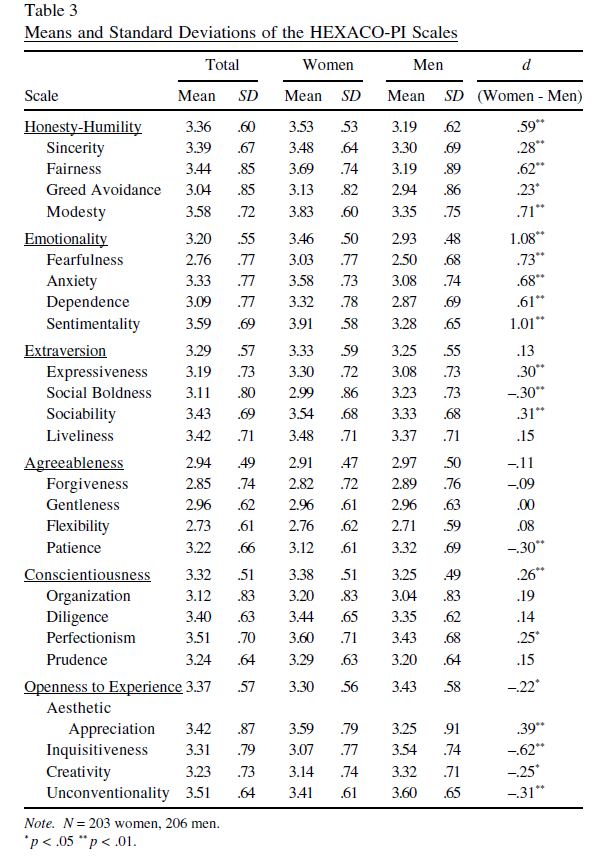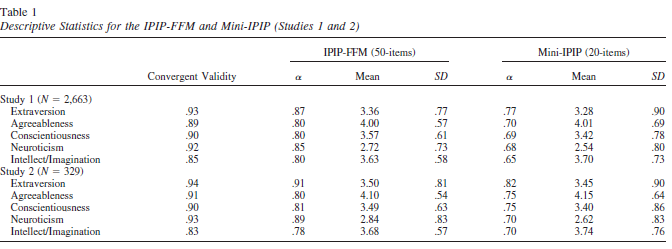There's nothing too deep about IPIP scoring. It just uses the standard Likert scale.
From https://ipip.ori.org/newScoringInstructions.htm
Converting IPIP Item Responses to Scale Scores
Here is how to score IPIP scales:
For + keyed items, the response "Very Inaccurate" is assigned a value of 1, "Moderately Inaccurate" a value of 2, "Neither Inaccurate nor Accurate" a 3, "Moderately Accurate" a 4, and "Very Accurate" a value of 5.
For - keyed items, the response "Very Inaccurate" is assigned a value of 5, "Moderately Inaccurate" a value of 4, "Neither Inaccurate nor Accurate" a 3, "Moderately Accurate" a 2, and "Very Accurate" a value of 1.
Once numbers are assigned for all of the items in the scale, just sum all the values to obtain a total scale score.
Easy, no? (If you are having problems, you might contact the IPIP consultant. [[email protected]])
And they do have a scoring key for the 50-question version meaning it links questions to Big Five factors; I'm not quoting that whole thing there, but here's a snippet:
Big-Five Factor Markers
Factor I (Surgency or Extraversion)
10-item scale (Alpha = .87)
+ keyed
Am the life of the party.
Feel comfortable around people.
Start conversations.
Talk to a lot of different people at parties.
Don't mind being the center of attention.
– keyed
Don't talk a lot.
Keep in the background.
Have little to say.
Don't like to draw attention to myself.
Am quiet around strangers.
Factor II (Agreeableness)
10-item scale (Alpha = .82)
+ keyed
Am interested in people.
Sympathize with others' feelings.
Have a soft heart.
Take time out for others.
Feel others' emotions.
Make people feel at ease.
– keyed
Am not really interested in others.
Insult people.
Am not interested in other people's problems.
Feel little concern for others.
And so on for the other three factors. Alpha refers to Cronbach alpha. It's not relevant for your purposes, but only for a reliability evaluation of the test-design itself. (The 100-question variant, also contained in that parge, obviously has higher Alpha.)
If you want a facet-level test, which further subdivides each of the Big Five factors, look at their 120-question NEO PI-R; it has a similar key. They also have a HEXACO key, which adds a sixth main factor (also faceted).
I'm not sure what you mean by "reporting standard". I suspect you want to relate the raw scores to population averages and standard deviations. To get such tables you need to read the original papers on which is based. Here's the one for HEXACO, for instance (this one is even broken down by gender):

The IPIP master key page has a list of references in which you can find the publication for the specific test you are interested in.
The initial IPIP test you mentioned/found (the 50-q one) is based on Goldberg's paper, but that one doesn't seem to contain either the IPIP-modified questions nor even population level means and standard deviations. (The population-based statistics are prone to change a bit if the questions are altered.) So if you pick a test like that you need to gather a sample of subjects first, have them complete the questionnaires, and then compute your own mean & variance distribution tables! Experimental psychology is (hard) work at times.
Luckily, there's a newer paper, on the mini-IPIP (just 20 q's), (also has key available) which also reports that population data for the older 50-q test.

N.B.: normally a percentile in the distribution would be reported to the user; see this math.SE question for the conversion from raw score to percentile in the normal distribution; basically use a Z-table.

